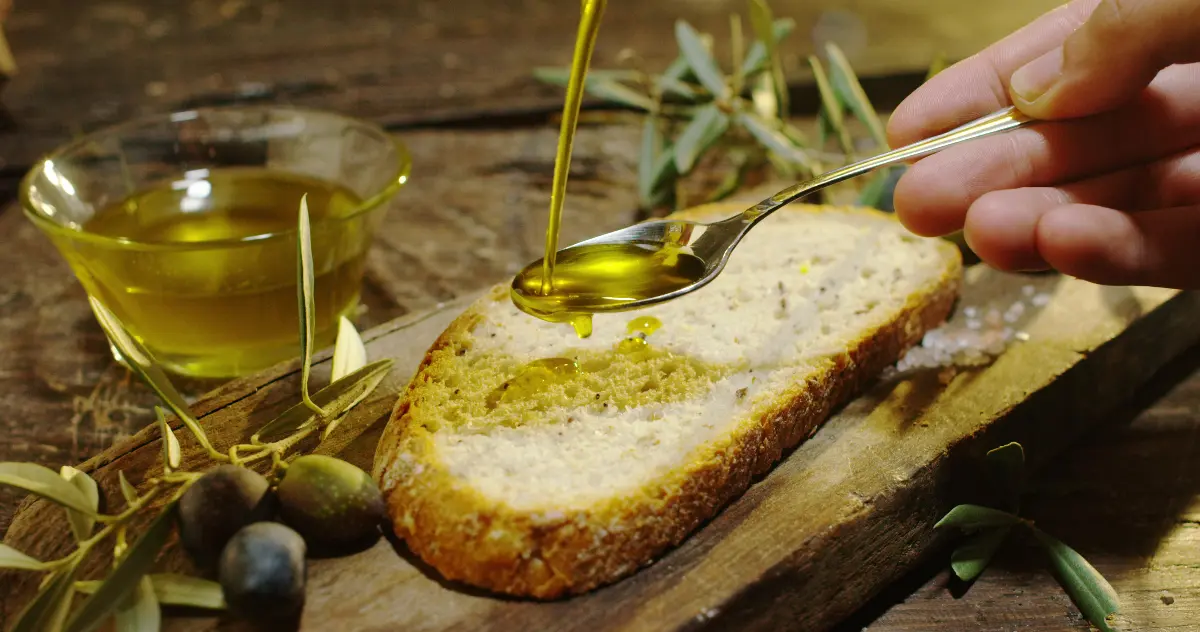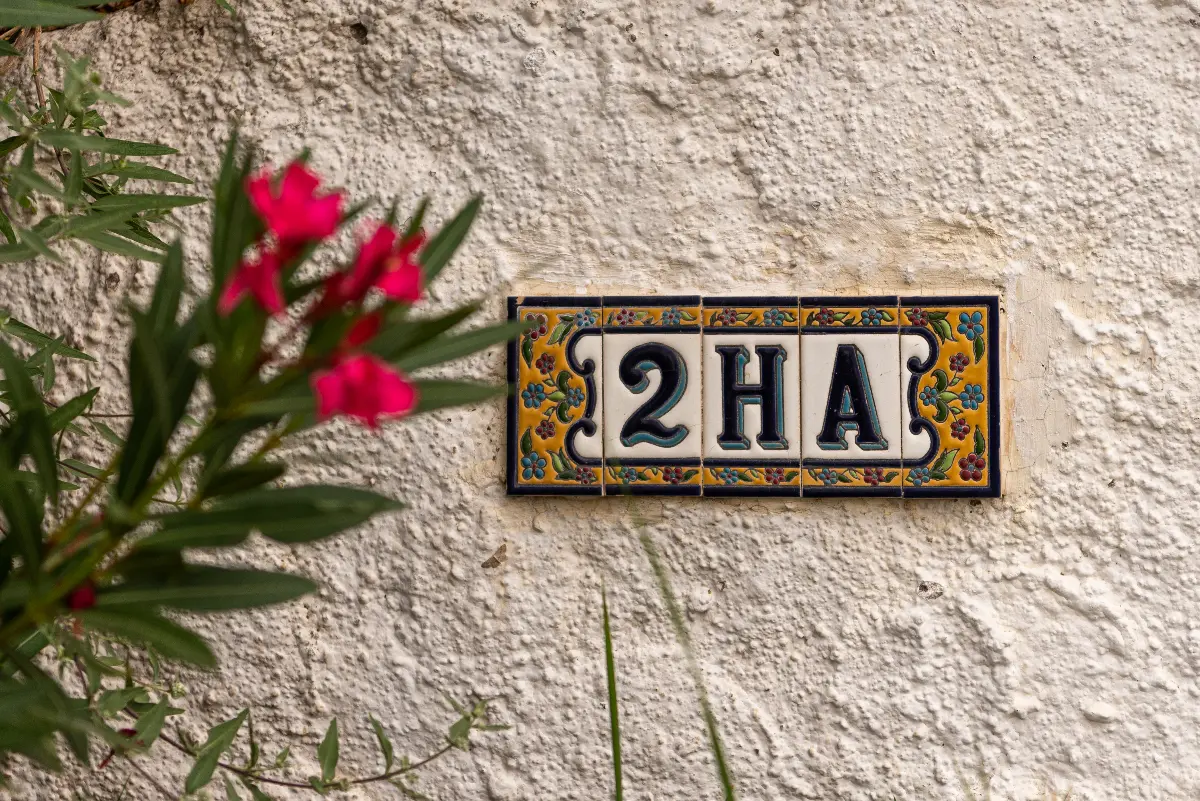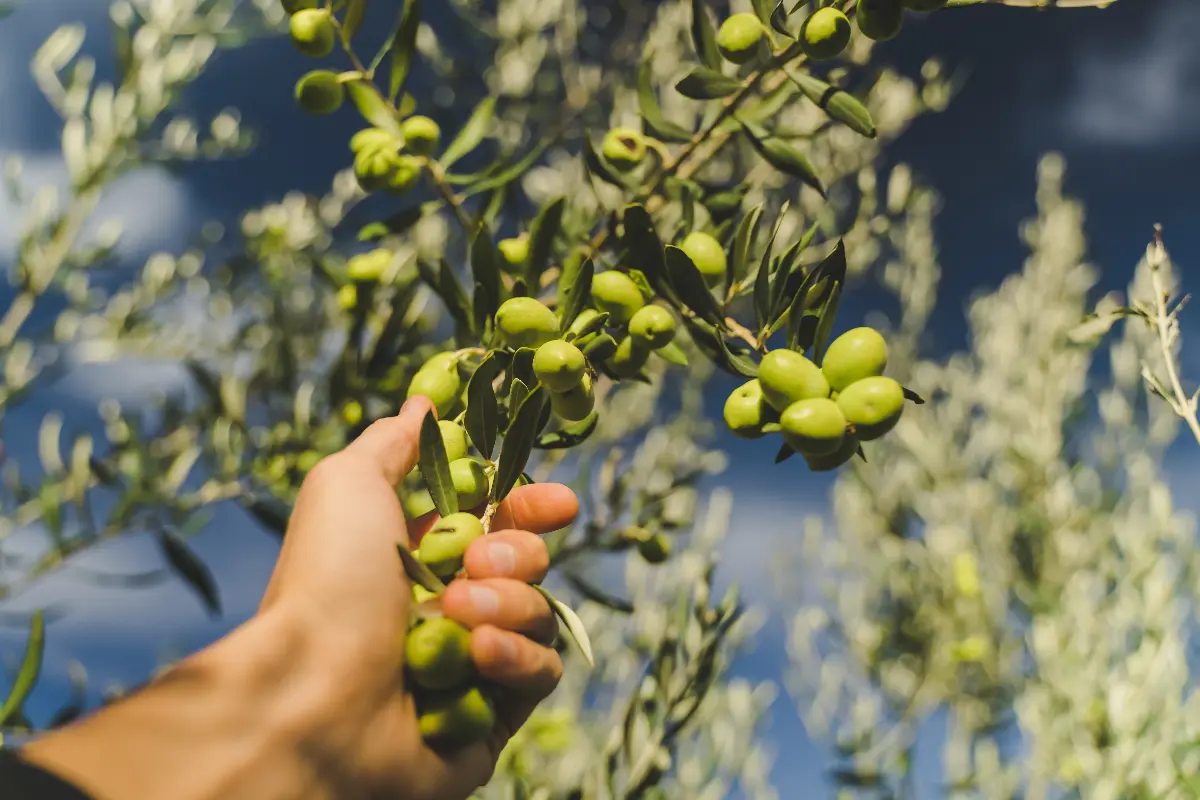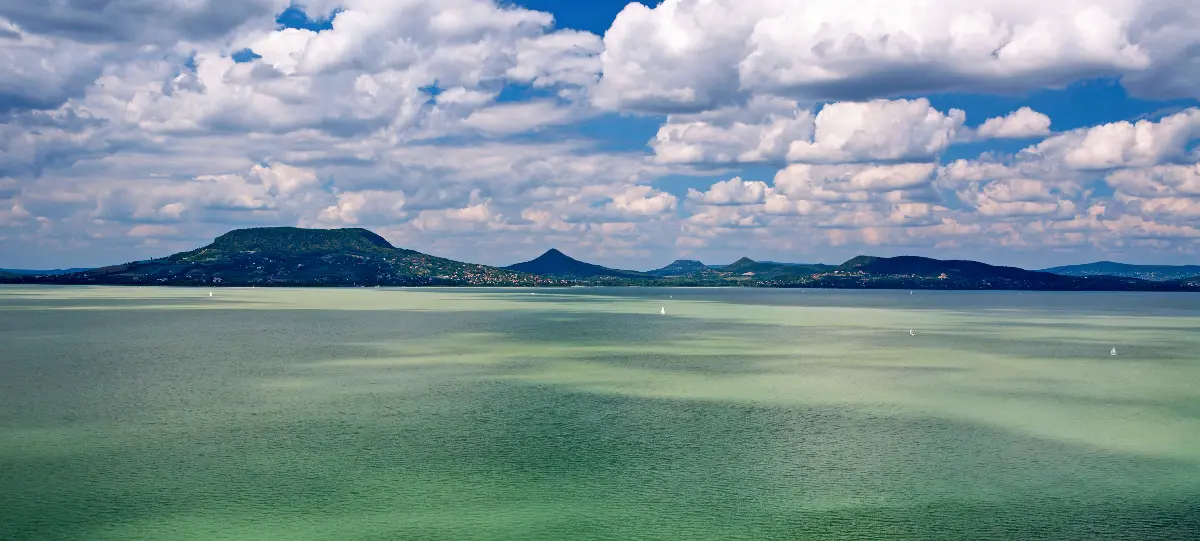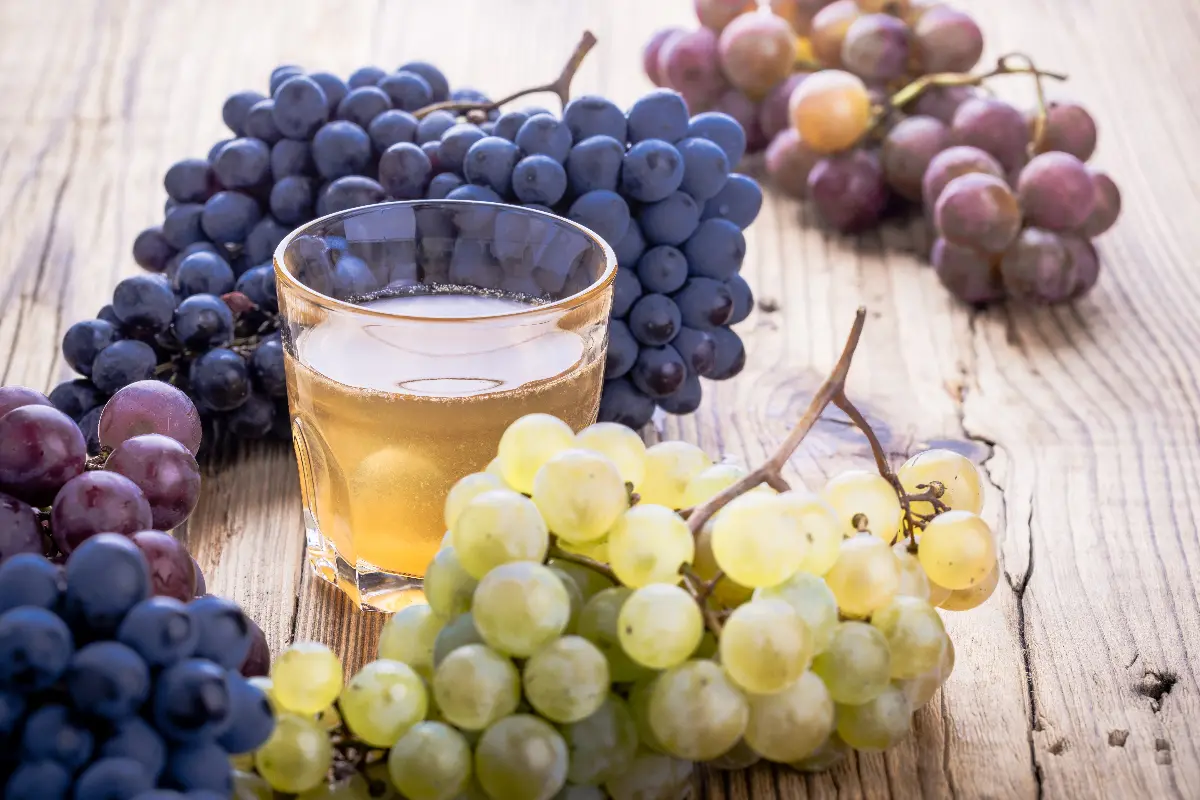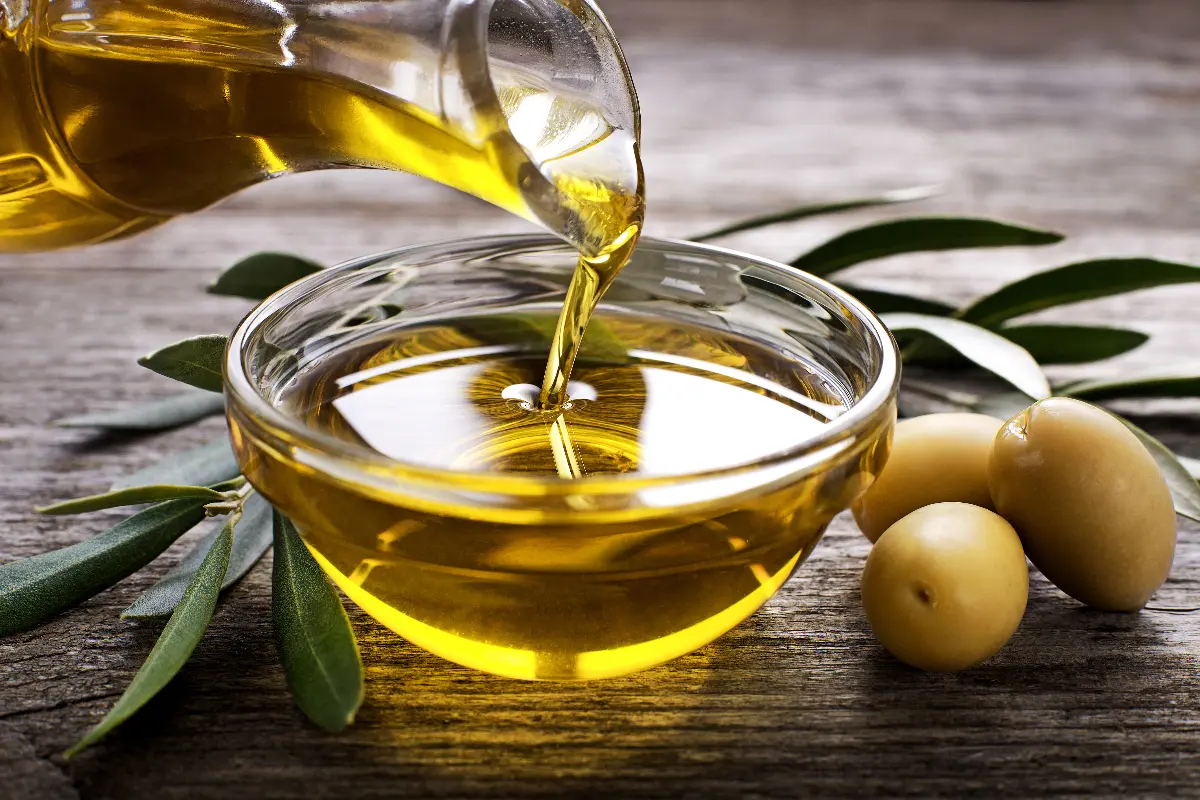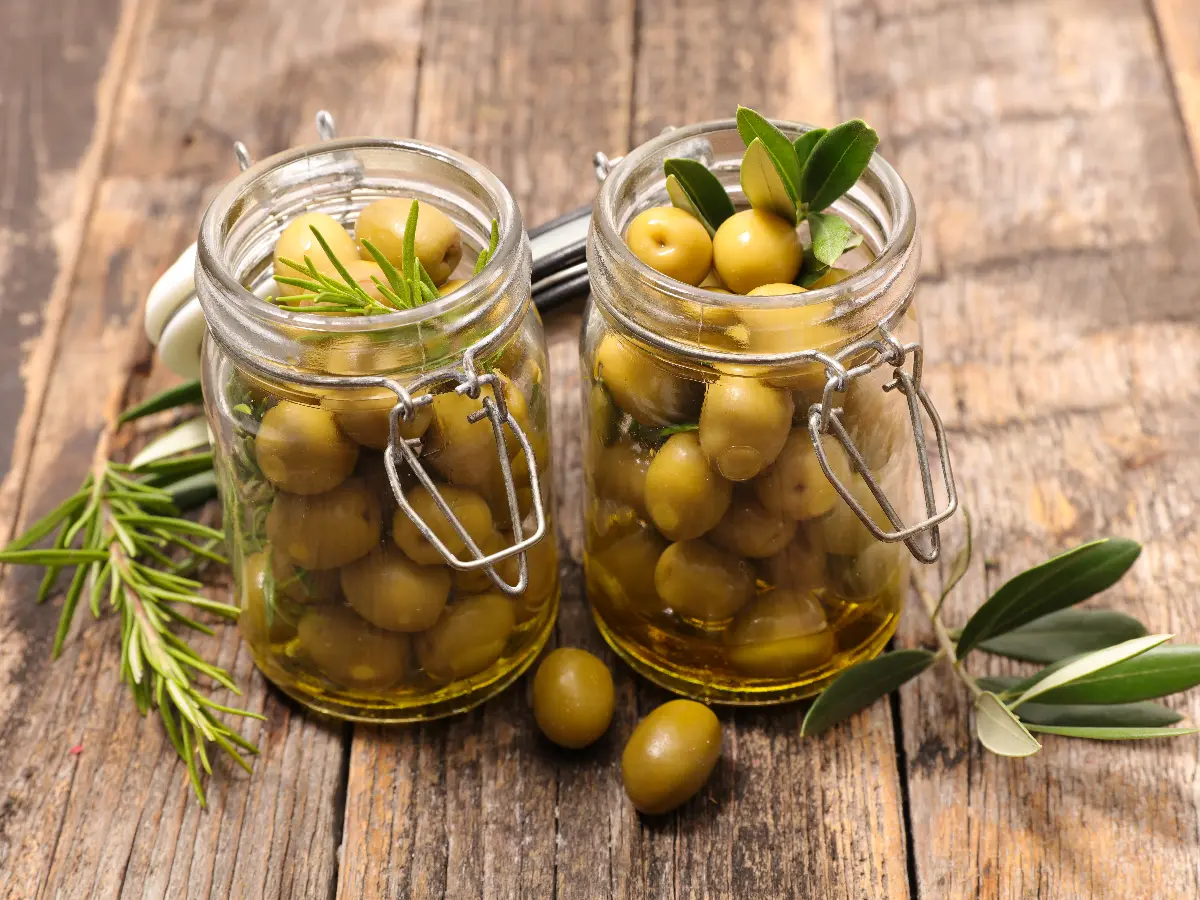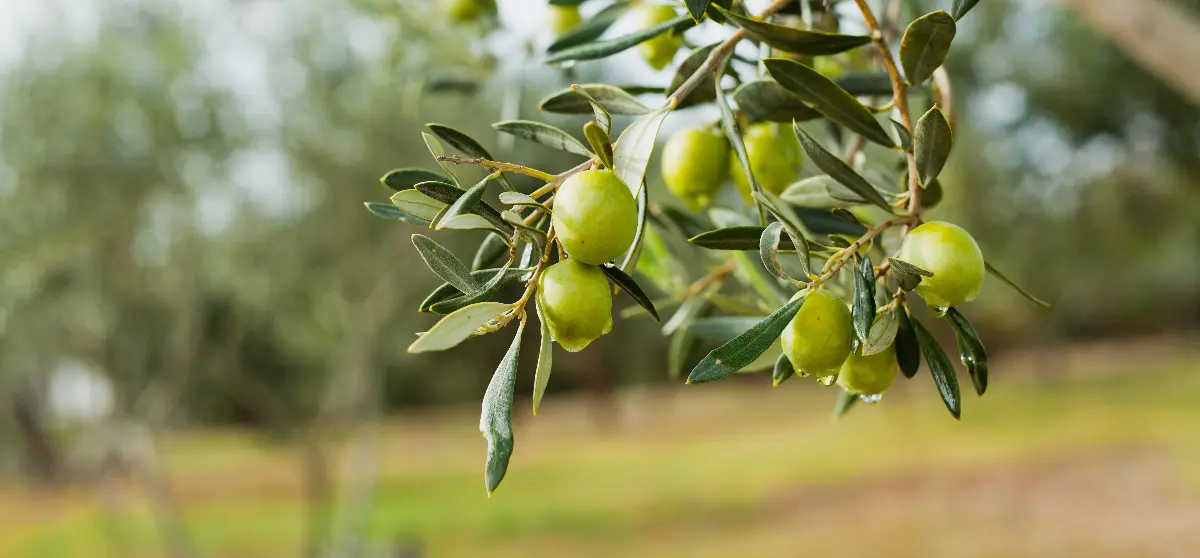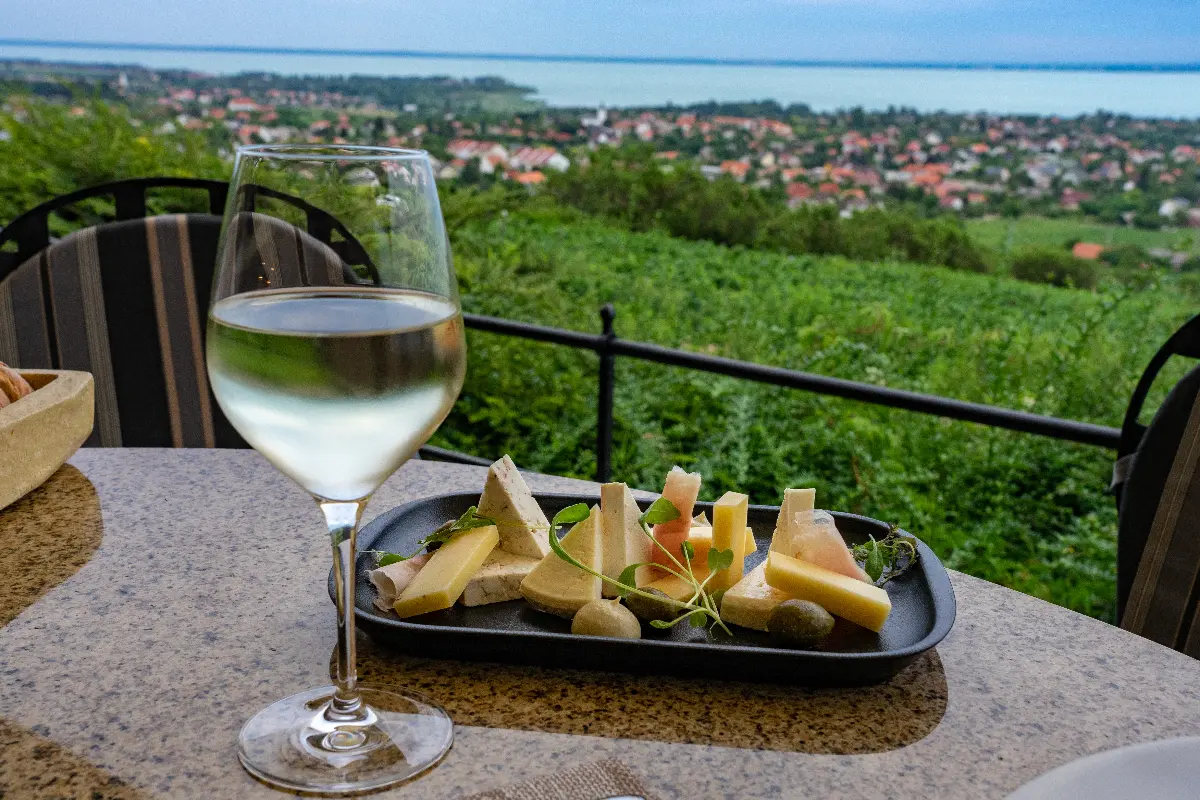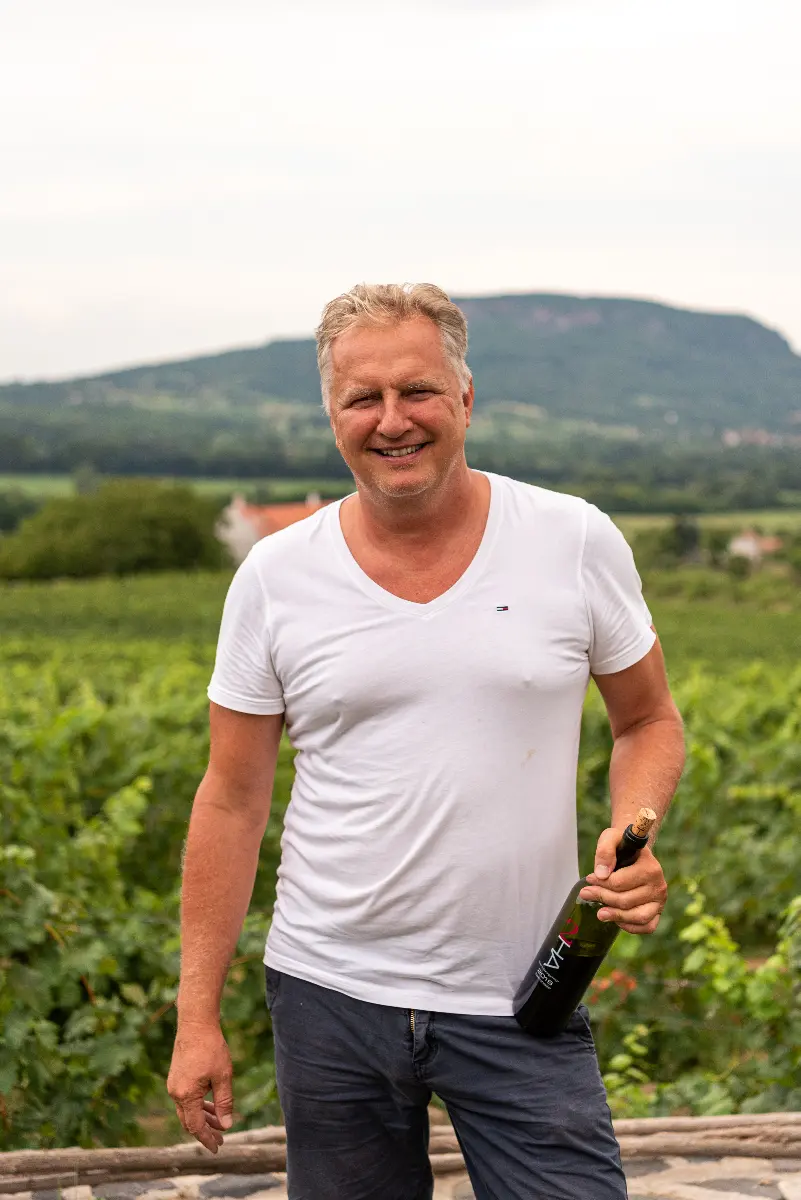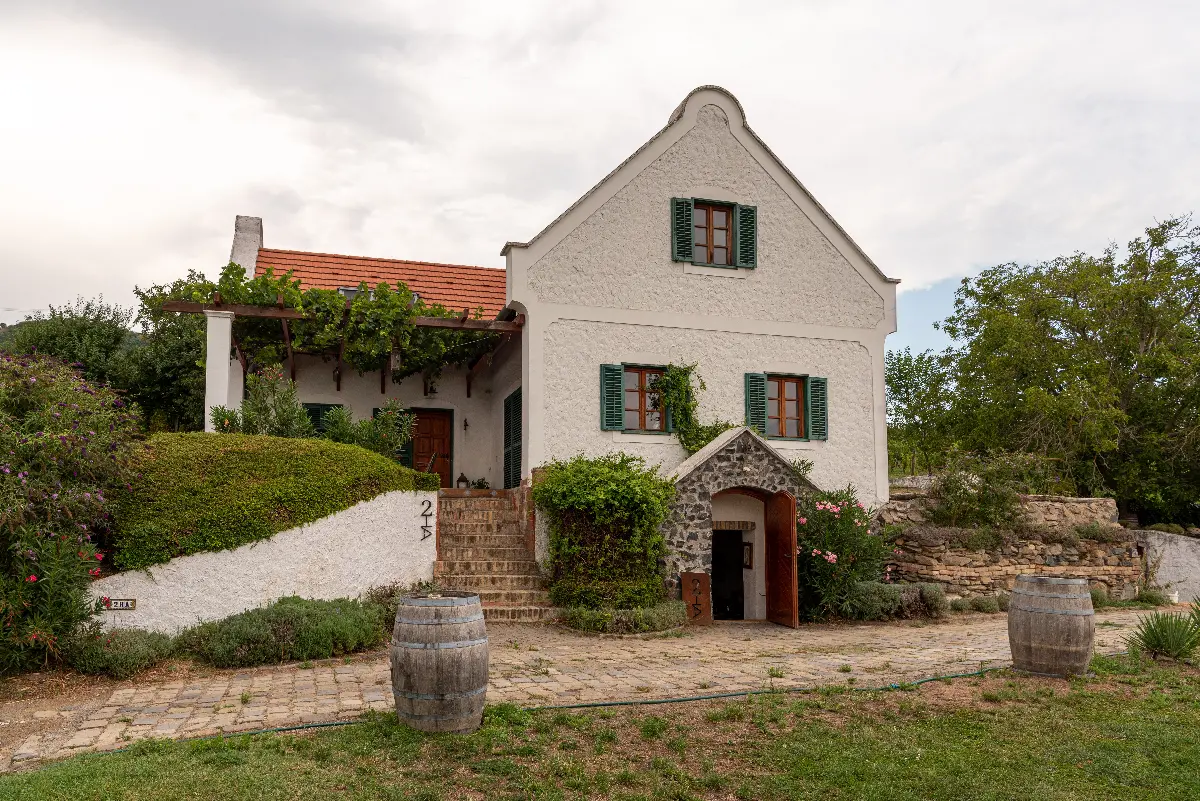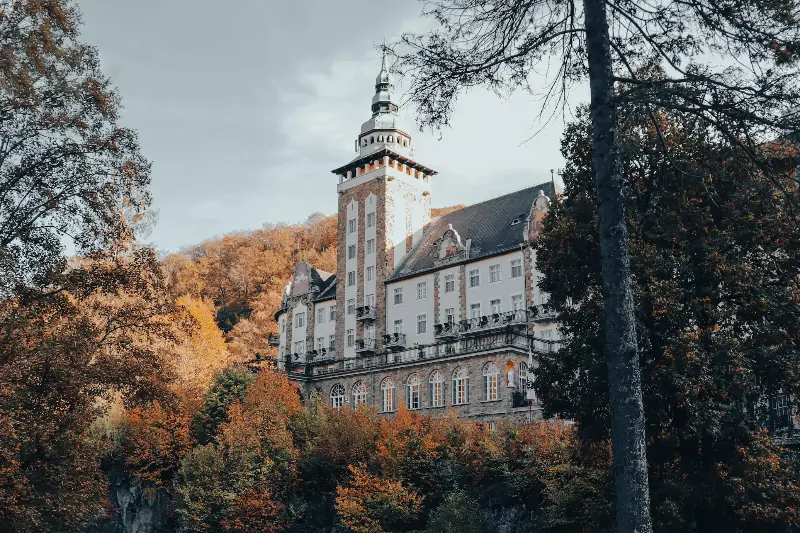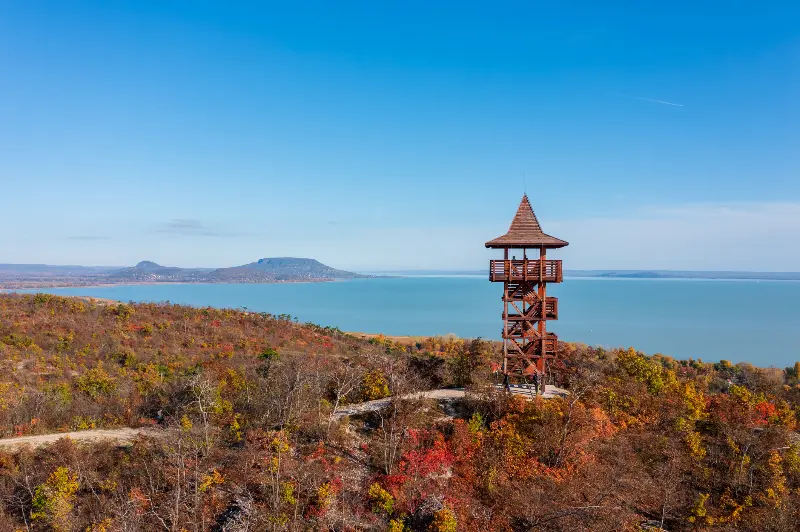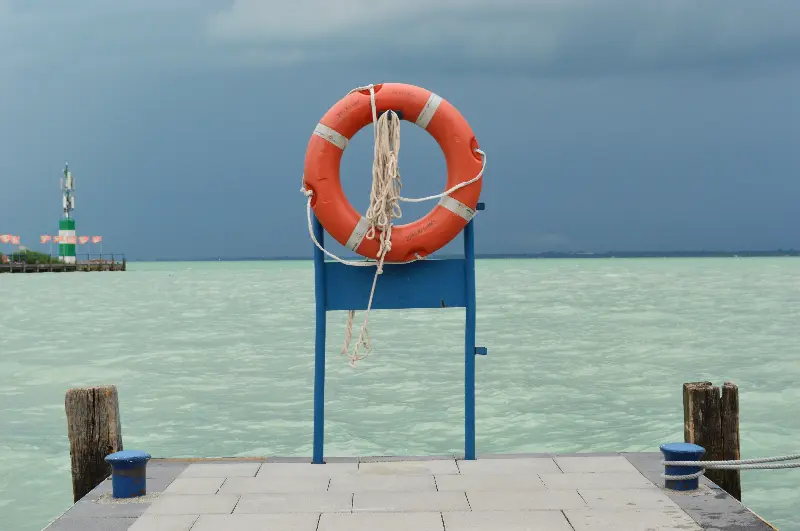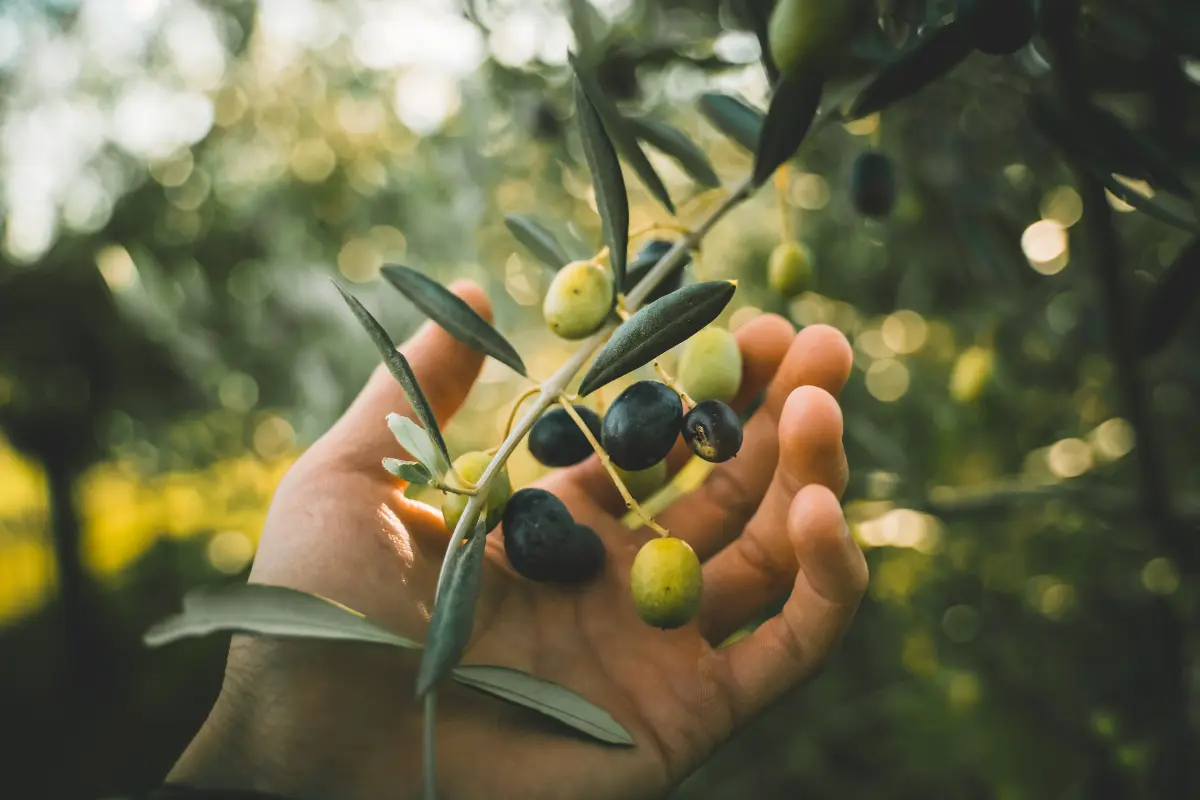
Helyszín címkék:
The first pressed olive oil in Hungary
Mészégető Marcsi
There is certainly a common point between the world-famous painter Vincent van Gogh and the economist-turned-vintner Csaba Török. They both have a passion for olive trees. However, whilst the former expressed his passion with 19 masterpieces, the latter decided to pioneer the cultivation of olive trees in the Balaton Uplands, including the mineral-rich slopes of St. György Hill. The result of an experiment that started more than a decade ago is now history: In 2020, Csaba was the first in Hungary to press olive oil from his own olives. “My whole oil project started with 200 trees, of which I now have 30 left, and they are between 3 and 500 years old. I have spent millions of Hungarian Forint and experienced a lot, but I still do not know the perfect strategy. Basically, there are two ways if you want to have olive trees. The first is to buy 2-year-old trees relatively cheaply, plant them and wait. Wait, among other things, to enable the plant, which is used to Mediterranean conditions, to adapt to Hungarian conditions and survive the winter, and eventually to grow stronger and produce fruits after a few years. The other way is to buy trees that are at least 50 to 100 years old and have survived many winters, so that they have a better chance to survive. I prefer the latter, but there is no guarantee of success.”
Of course, if you consider that twenty years ago another Mediterranean plant, the fig tree, was a rarity, and today it is a favourite in backyard gardens in Hungary, then olive groves and Hungarian olive oil do not seem so unimaginable.
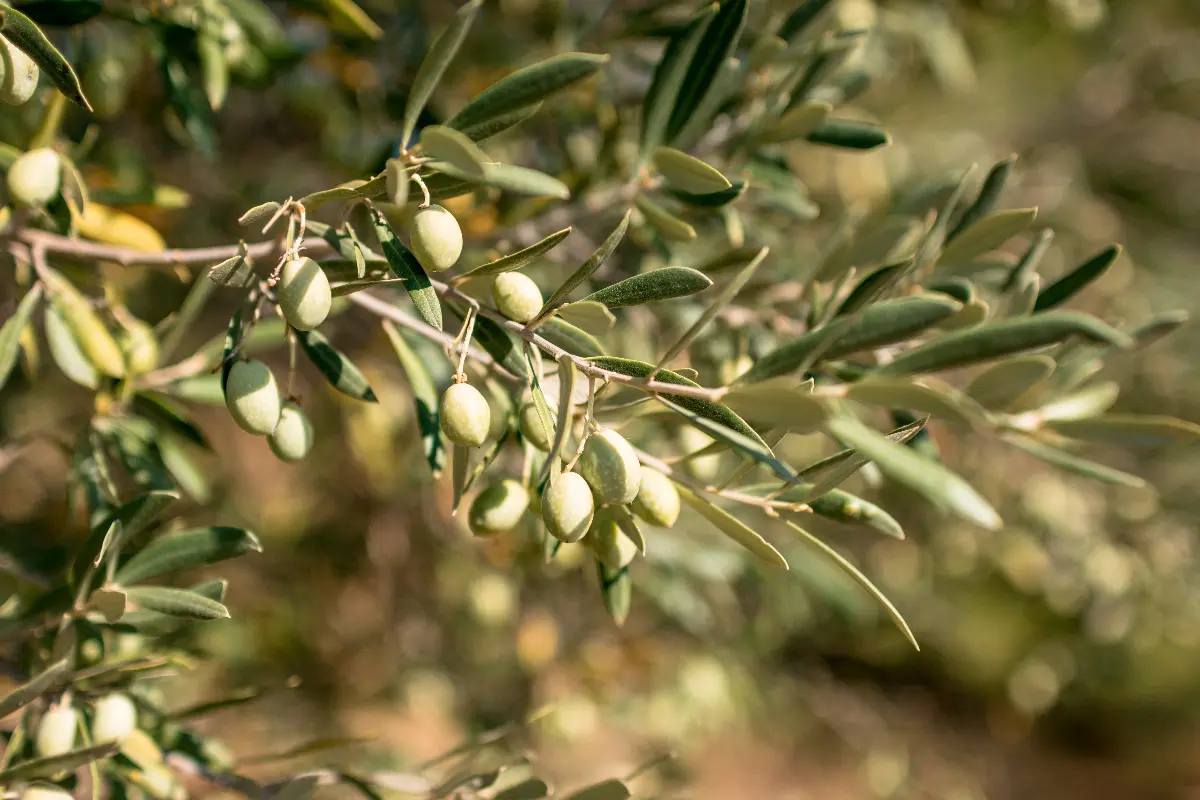
“The explanation is relatively simple,” says Csaba, “the botanical boundaries have shifted, and today our climate is similar to the climate Croatia or Italy had 50 years ago, where the olive tree is indigenous. As a consequence, there is nothing to stop this plant from spreading here.”
Hungarian olive oil is promising
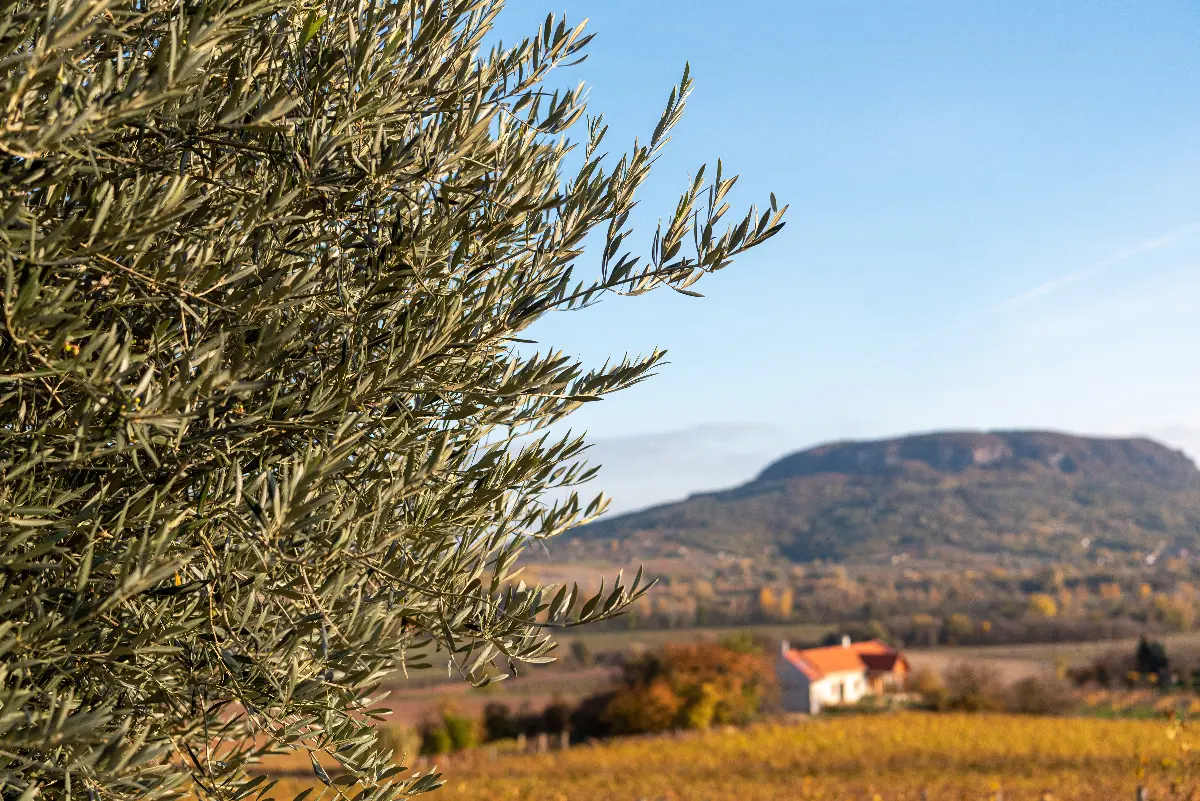
“From the first pressing we gained only a small amount of oil (2.5 litres), which was due to a lack of technology. But what is more important than the quantity, those who tasted it said it tasted much better than the olive oils they had previously tried. It is not necessarily due to the specific characteristics of the region. It may simply be that we grow organically, or that our trees are better, but it is also an influencing factor that we pick the olives by hand. In plant production, it is also typical that vegetables and fruits that are given a long ripening time will simply be better. Just consider tomatoes. There is a huge difference between a primary tomato grown under a film and a sun-ripened outdoor version. There is no question that the latter is a thousand times better in terms of both taste and nutrition.” Although the flavour of olives depends on a number of factors, it is clear that you can make great oil from olives that are still green and not quite ripe. The olive loses its acidity as it ripens, and can then be preserved in salty water, i.e. fermented and preserved. In addition to the obvious benefits, such as tasty oil and preserves, the establishment of the olive tree is also a kind of “climate certificate” for the vintners, because if olive tree survives, it opens the way for other grape varieties that have not been grown in the country until now.
The legendary pair: olives and grapes
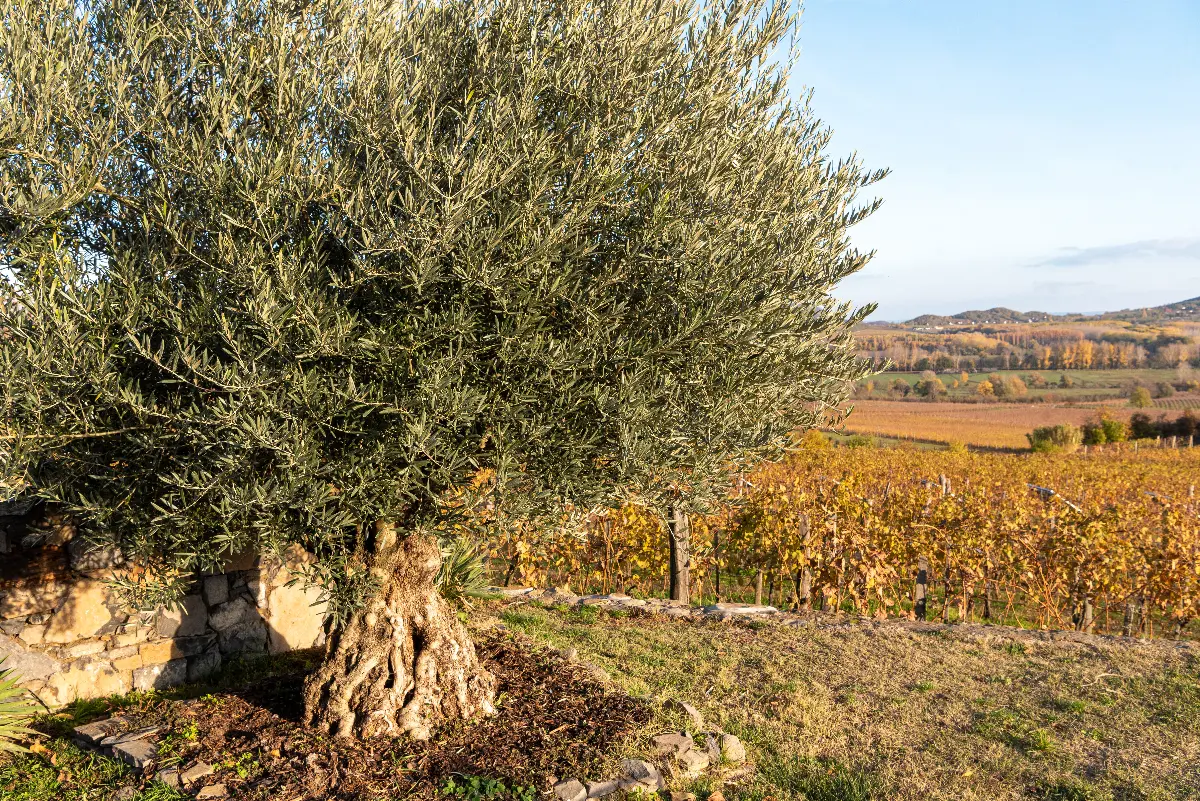
Csaba is not only a pioneer in olive oil cultivation. The trademark of his vineyard is also a variety, the Tuscan Sangiovese, for which his fellow vintners had not predicted much of a future 20 years earlier when he planted the first grape vines in the volcanic soil of the Balaton Uplands. Since then, the grape and its wine, Tabunello, have put “2HA Pincészet” (2HA Winery) on the map of wine lovers. It was the Tuscan connection that inspired Csaba to plant olive trees in the immediate vicinity of the vineyards. “The symbiosis of the two plants is very appealing to me, which is partly why I started working with olive trees. These two plants typically grow side by side in the Italian countryside as well. Another reason is that I simply adore olive trees.”
